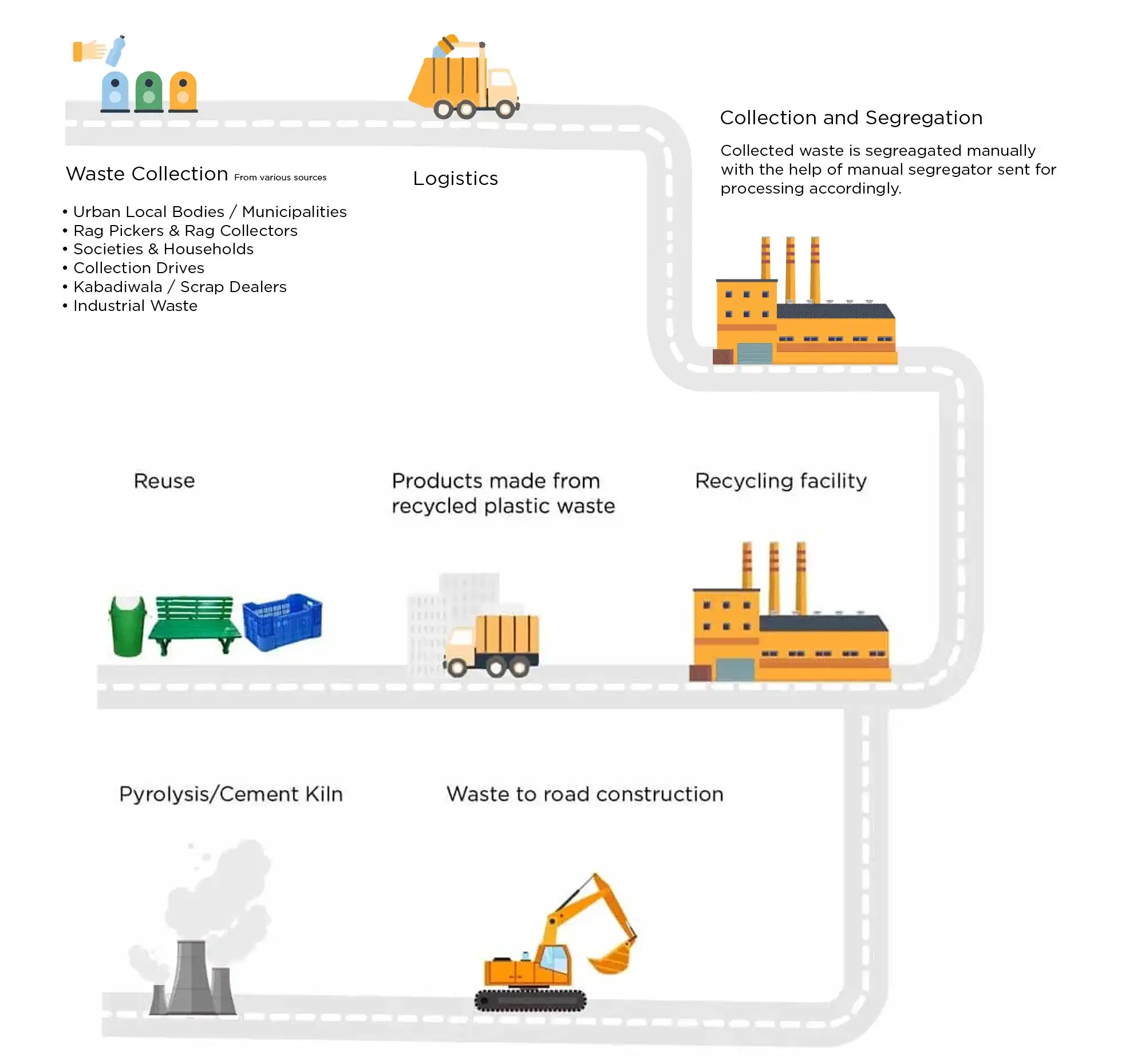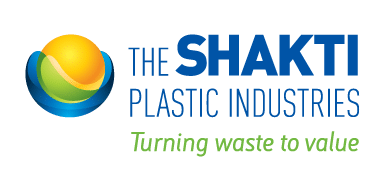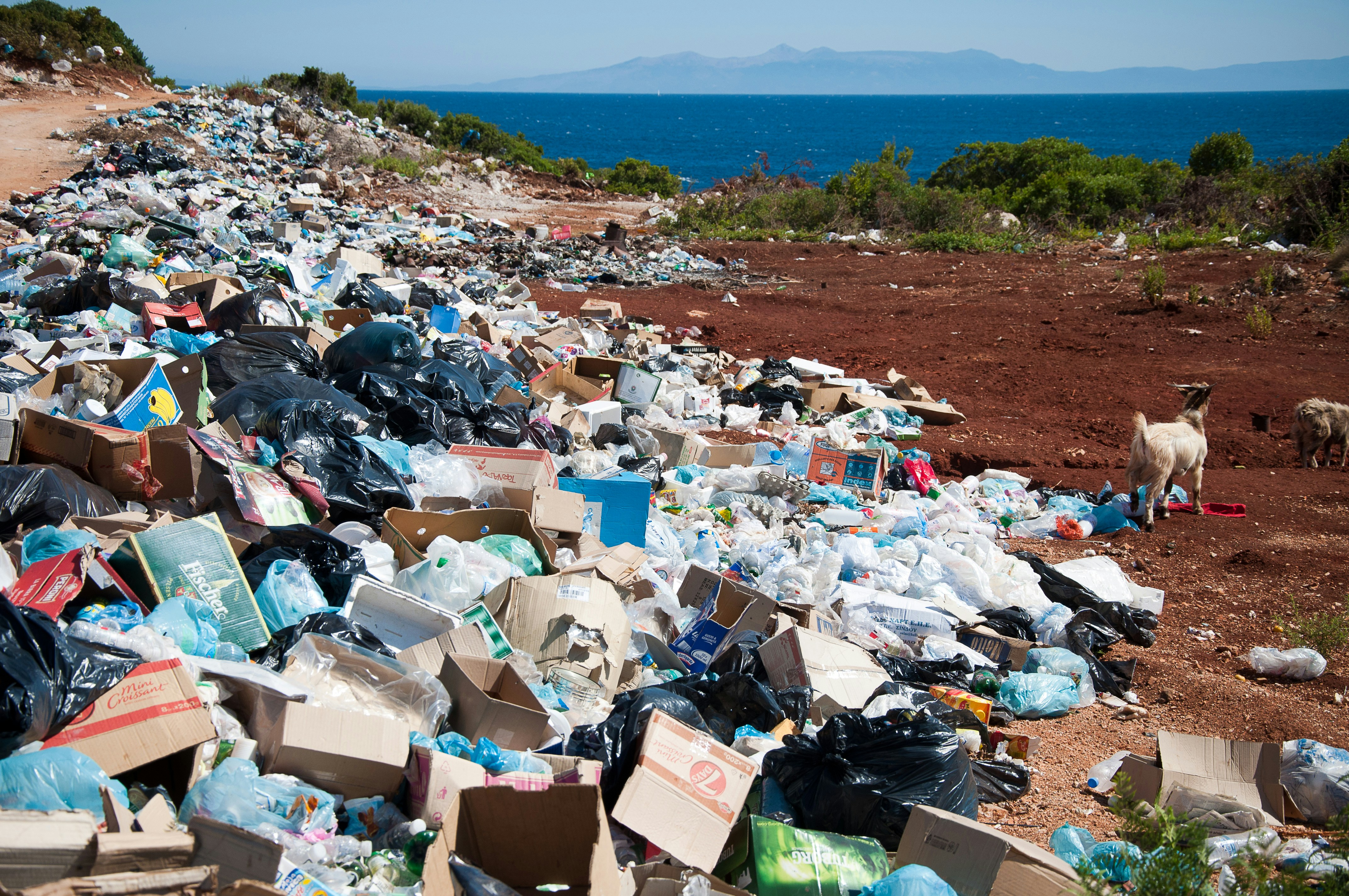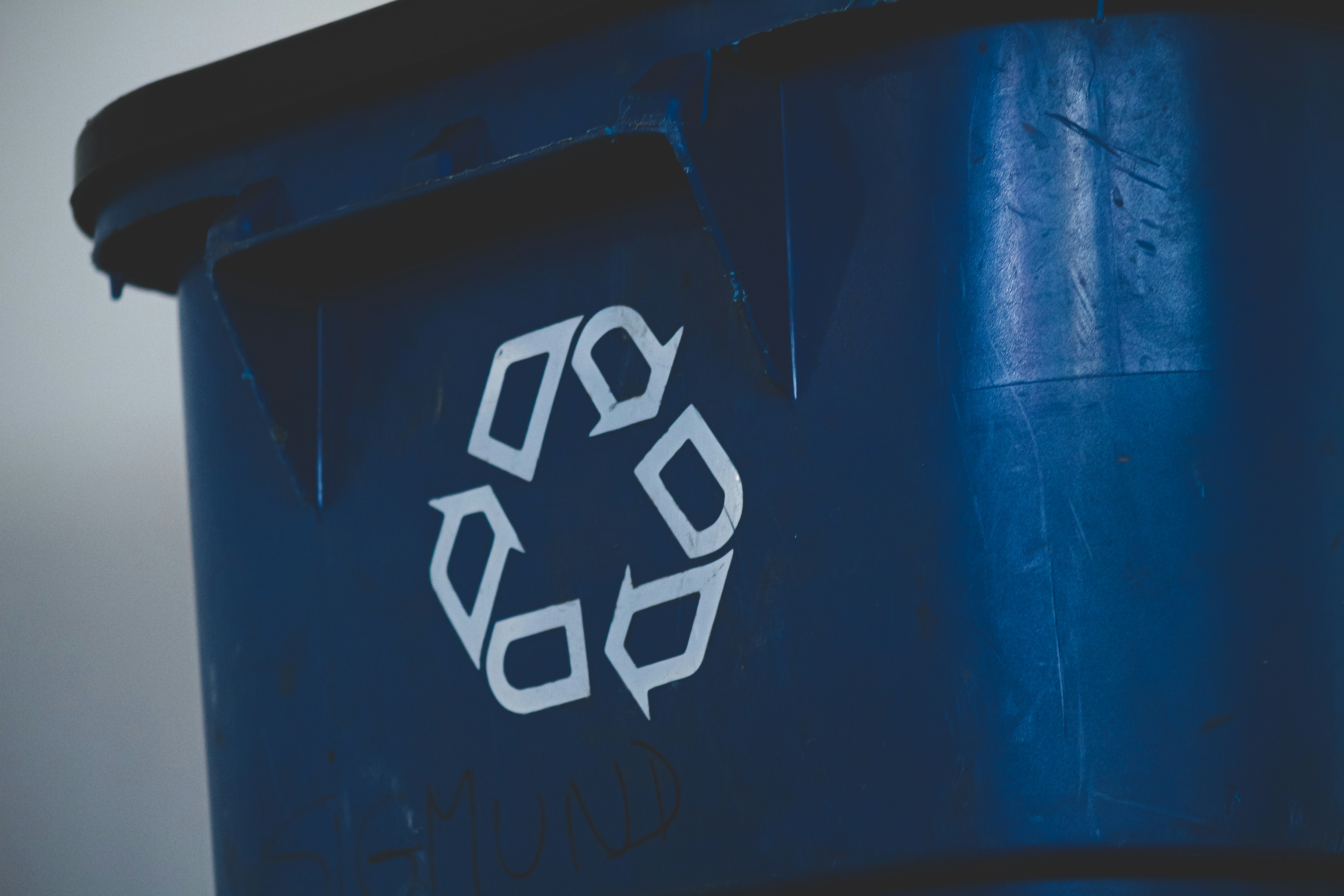What is EPR?
Extended Producer Responsibility (EPR) is a policy approach under which producers are given significant responsibility for the treatment or disposal of post-consumer products.
Assigning such responsibility could encourage producers to consider the environmental impacts of their products and thus decrease the waste associated with their products.
Key Legislation and Policies
The foundation of EPR in India is laid down by the Plastic Waste Management (PWM) Rules, 2016, which were later amended in 2018 to enhance the clarity and use of EPR.
The rules require producers, importers, and brand owners to collect plastic waste in proportion to their respective market shares.
Detailed Analysis of Extended Producer Responsibility Rules in India
 Plastic Waste Management Rules, 2016
Plastic Waste Management Rules, 2016
These rules represent a significant milestone in Indian environmental legislation, focusing on plastic waste reduction, segregation, recycling, and disposal.
They set forth a framework whereby producers are not only responsible for managing waste but also for creating systems that preempt waste generation.
How EPR Affects Different Stakeholders
Impact on Manufacturers and Producers
Manufacturers and producers are at the core of the EPR system. They are required to set up mechanisms for efficient collection, segregation, recycling, and disposal of plastic waste after their end-of-life phase. This includes financial contributions to the systems managing these tasks.
Responsibilities of Local Bodies and Consumers
Local bodies play a crucial role in collaboration with producers to ensure the effective implementation of EPR. Consumers are encouraged to participate in segregation and responsible disposal, aiding the overall effectiveness of the program.
Our Waste Management Process

Key Components of the EPR Framework in India
Collection Mechanisms
Producers are expected to establish collection centers or points either individually or collectively, backed by a system to channel the collected waste to recyclers.
Recycling and Processing Targets
Targets are set for recycling and processing which must be adhered to by the producers. These targets are monitored by regulatory authorities to ensure compliance.
Reporting and Compliance
Producers must report their progress in meeting EPR obligations to pollution control boards, providing detailed accounts of the waste collection and recycling processes.
Challenges in Implementing EPR in India
Financial and Logistical Challenges
The financial burden of setting up collection and recycling operations is significant. Moreover, logistical issues, such as the collection of waste from dispersed areas, pose major challenges to the effective implementation of EPR.
Compliance and Enforcement Issues
Ensuring compliance with EPR regulations is a challenge due to the vast and diverse nature of producers and products covered under the EPR policies. Enforcement is further complicated by the need for coordinated action across multiple jurisdictions.
Comparative Analysis with Global EPR Systems
EPR in the European Union
The EU’s EPR system is more mature, with strict directives and a framework that covers a wide range of materials, offering valuable insights into advanced EPR practices.
Differences and Similarities with Indian EPR
While India’s EPR framework is robust, it differs in terms of enforcement mechanisms and the maturity of the recycling industry compared to the EU.
Future of EPR in India
Proposed Changes and Legislative Updates
The Indian government is considering further amendments to the PWM Rules to close existing loopholes and make the framework more robust.
Impact of Technology and Innovation
Emerging technologies like AI and blockchain could play changing roles in tracking waste, ensuring compliance, and enhancing the transparency of the EPR system.
Role of Technology in Enhancing EPR Efficiency
Use of Digital Tools for Tracking and Compliance
Digital solutions can greatly enhance the efficiency of reporting and compliance management in EPR systems, making it easier for producers and regulatory bodies to keep accurate records of waste management activities.
Innovations in Recycling Technologies
Technological advancements in recycling processes can help improve the efficiency of resource recovery from waste, making the EPR system more effective.
Public Awareness and Education on EPR
 Importance of Consumer Awareness
Importance of Consumer Awareness
Educating consumers about their role in the EPR ecosystem is crucial for the success of EPR policies. Awareness campaigns and incentives can encourage consumer participation in waste segregation and recycling.
Initiatives and Campaigns
Several government and non-governmental initiatives aim to raise awareness about the benefits of recycling and the importance of consumer participation in the EPR system.
Stakeholder Collaboration for Effective EPR
Role of Partnerships between Government and Private Sector
Collaborative efforts between the government and private sectors are essential for the development of effective EPR systems. Such partnerships can leverage the strengths of both sectors in resource management and technological innovation.
Community Engagement Strategies
Community-based approaches to EPR can enhance the collection and recycling rates by involving local stakeholders in the management process.
Regulatory Framework and Compliance
Detailed Look at Compliance Mechanisms
The regulatory framework for EPR in India includes detailed mechanisms for monitoring compliance and ensuring that all stakeholders meet their responsibilities.
Penalties and Incentives
The EPR system includes penalties for non-compliance and incentives for exceeding recycling targets, which help ensure that producers take their responsibilities seriously.
Benefits of EPR to the Environment and Economy
Environmental Benefits
By reducing the volume of waste sent to landfills and encouraging recycling, EPR helps minimize environmental pollution and resource depletion.
Economic Impacts and Job Creation
EPR policies can stimulate economic growth by creating jobs in the waste management and recycling sectors, and by fostering a market for recycled materials.
Conclusion
EPR is a powerful tool in the arsenal of waste management strategies, especially in a country like India, where the challenge of managing vast amounts of waste is growing every day. By understanding and implementing robust EPR rules, stakeholders can ensure a sustainable future both environmentally and economically.
FAQs
- What are the main components of the EPR system in India?
- The main components include the responsibility of producers to manage waste, set up collection systems, meet recycling targets, and report compliance.
- How does the EPR system benefit the environment?
- EPR reduces waste in landfills, lowers pollution levels, conserves resources by encouraging recycling, and reduces the environmental footprint of manufactured products.
- What challenges does EPR face in India?
- Challenges include the financial and logistical burdens on producers, varying compliance among states, and the need for greater consumer awareness and participation.
- What future changes are expected in the EPR regulations in India?
- Future changes may include tighter regulations, more defined roles for stakeholders, better technological integration for monitoring and compliance, and increased penalties for non-compliance.


 Plastic Waste Management Rules, 2016
Plastic Waste Management Rules, 2016 Importance of Consumer Awareness
Importance of Consumer Awareness